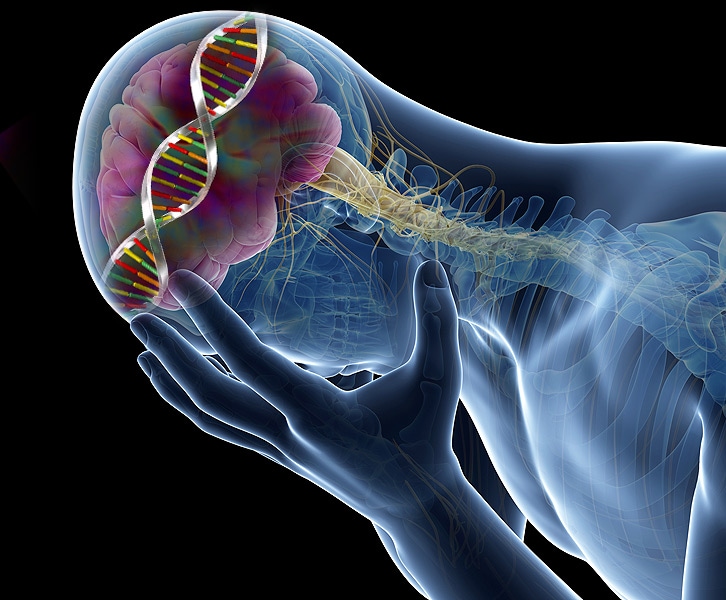23andMe, the California biotech company with almost 2 decades of genetic info from 15 million customers, has filed for bankruptcy 3/23/2205. A combination of data breaches, a disastrous stock crash, and a failed subscription model has seen the company slash its workforce and slowly close its doors. 23andMe provided consumers the ability to "sequence their genome" and find out interesting information about themselves both trivial and medically serious. This data can be personal to the consumer or even damning if it falls into the wrong hands.
The question now going around is whether or not this data is at risk of being sold to the highest bidder, despite there not being many in line to buy at the moment. 23andMe assures that it will ensure the law is carried out to protect its data, but the reality is that there is not much regarding biotech companies like itself. HIPAA may be the first thing that comes to mind, which is a law that protects the disclosure of health information without the patient's consent. However, HIPAA does not cover direct-to-consumer products such as 23andMe, meaning the the answer is complicated as to whether or not their data will be protected. There are some states with laws which may pertain to this kind of genetic info, but the most do not have any regulation, this is not even to mention how it may be dealt with in countries outside of the US. As 23andMe navigates bankruptcy users are still able to view and delete their data, but there is no doubt all 15 million of its customers will know to remove their sensitive information before the company's tech potentially changes hands.
Sources:
https://www.cnbc.com/2025/04/17/23andme-bankruptcy-investigation-genetic-data-congress.html
https://www.npr.org/2025/03/24/nx-s1-5338622/23andme-bankruptcy-genetic-data-privacy










